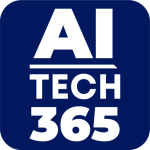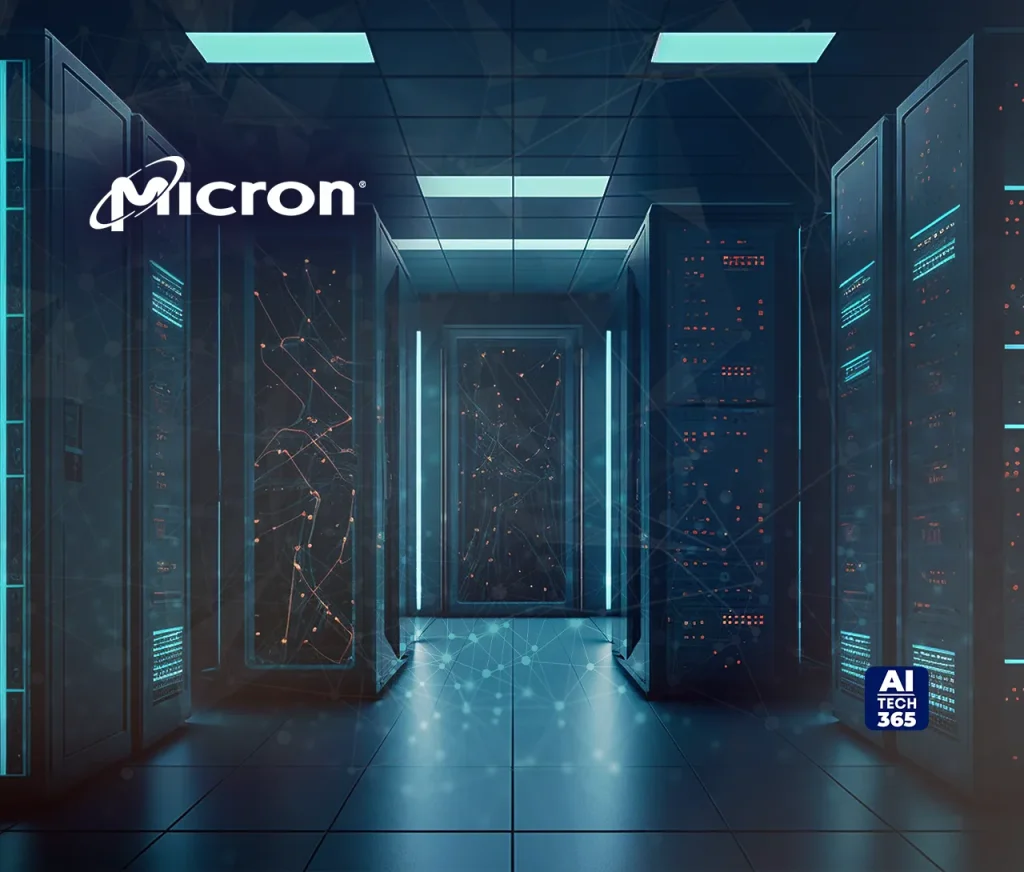Micron Technology, Inc., announced availability of the Micron 9550 NVMe™ SSD – the world’s fastest data center SSD and industry leader in AI workload performance and power efficiency.1 The Micron 9550 SSD showcases Micron’s deep expertise and innovation by integrating its own controller, NAND, DRAM and firmware into one world-class product. This integrated solution enables class-leading performance, power efficiency and security features for data center operators.
The Micron 9550 SSD delivers best-in-class performance with 14.0 GB/s sequential reads and 10.0 GB/s sequential writes to provide up to 67% better performance over similar competitive SSDs and enables industry-leading performance for demanding workloads such as AI. In addition, its random reads of 3,300 KIOPS are up to 35% better and random writes of 400 KIOPS are up to 33% better than competitive offerings.
AI workloads require high-performance storage solutions. The sequential and random read and write speeds of the 9550 SSD unlock performance for AI use cases. For example, large language models (LLMs) require high sequential reads, while graph neural networks (GNNs) need high random read performance. The Micron 9550 SSD outperforms competitive offerings in critical AI workloads, with up to 33% faster workload completion times and up to 60% faster feature aggregation in GNN training with Big Accelerator Memory (BaM). The Micron 9550 SSD also provides up to 34% higher throughput for NVIDIA Magnum IO™ GPUDirect® Storage.
“The Micron 9550 SSD represents a giant leap forward for data center storage, delivering a staggering 3.3 million IOPS while consuming up to 43% less power than comparable SSDs in AI workloads such as GNN and LLM training,” said Alvaro Toledo, vice president and general manager of Micron’s Data Center Storage group. “This unparalleled performance, combined with exceptional power efficiency, establishes a new benchmark for AI storage solutions and demonstrates Micron’s unwavering commitment to spearheading the AI revolution.”
Also Read: Elea Digital Data Centers Announces 120MW Footprint Expansion in the Greater São Paulo Area
“Enhancing data center efficiency and performance for AI workloads is pivotal to reducing costs and ensuring reliable operations for enterprises everywhere,” said Rob Davis, vice president of Storage Technology at NVIDIA. “With the integration of NVIDIA technologies, the Micron 9550 SSD can provide powerful storage for AI.”
“Innovation in storage technologies is a critical aspect of powering latency sensitive workloads such as AI and business critical enterprise applications,” said Raghu Nambiar, corporate vice president, Data Center Ecosystems and Solutions at AMD. “Our deep collaboration with Micron, and partners across the ecosystem, will ensure the full capabilities of the new 9550 SSDs are enabled on AMD EPYC-based servers.”
“Intel is pleased to see Micron enter the PCIe Gen5 market with the Micron 9550 NVMe SSD. This PCIe Gen5 SSD aligns well with Intel’s PCIe Gen5 CPU platforms, specifically Intel’s 4th Gen Xeon®, 5th Gen Xeon®, and Intel® Xeon® 6 processors,” said Debendra Das Sharma, Senior Fellow and Chief I/O Architect at Intel. “Micron is a valued ecosystem partner to Intel, with a long history of providing well-integrated PCIe solutions with Intel-based platforms, including supporting solutions with Intel’s Virtual RAID on CPU (Intel® VROC), as well as AI workloads powered by Intel Gaudi AI accelerators.”
The Micron 9550 SSD excels in delivering industry-leading power efficiency to support a variety of AI workloads, including:
- GNN training with BaM: Up to 43% lower SSD average power and up to 29% reduction in overall system energy usage
- NVIDIA Magnum IO GPUDirect Storage: Up to 81% less SSD energy per 1TB transferred
- MLPerf: Up to 35% less SSD energy and up to 13% less system energy used
- Llama LLM training fine tuning with Microsoft DeepSpeed: Up to 21% less SSD energy used
The 9550 SSD features a vertically integrated architecture using Micron-developed technologies, providing flexible design choices and advanced security capabilities. The drive incorporates NVMe 2.0 and OCP 2.0 support, along with OCP 2.5 telemetry capabilities for advanced performance and health monitoring, all of which simplify data center deployment and management at large scale. The 9550 SSD is engineered with a focus on end-to-end security, featuring self-encrypting drive (SED) capabilities, compliance with Security Protocols and Data Models (SPDM 1.2), robust data encryption and other key security features. Options for FIPS 140-3 Level 2 and TAA compliance are also available for customers requiring higher security standards.
Source: GlobeNewsWire

